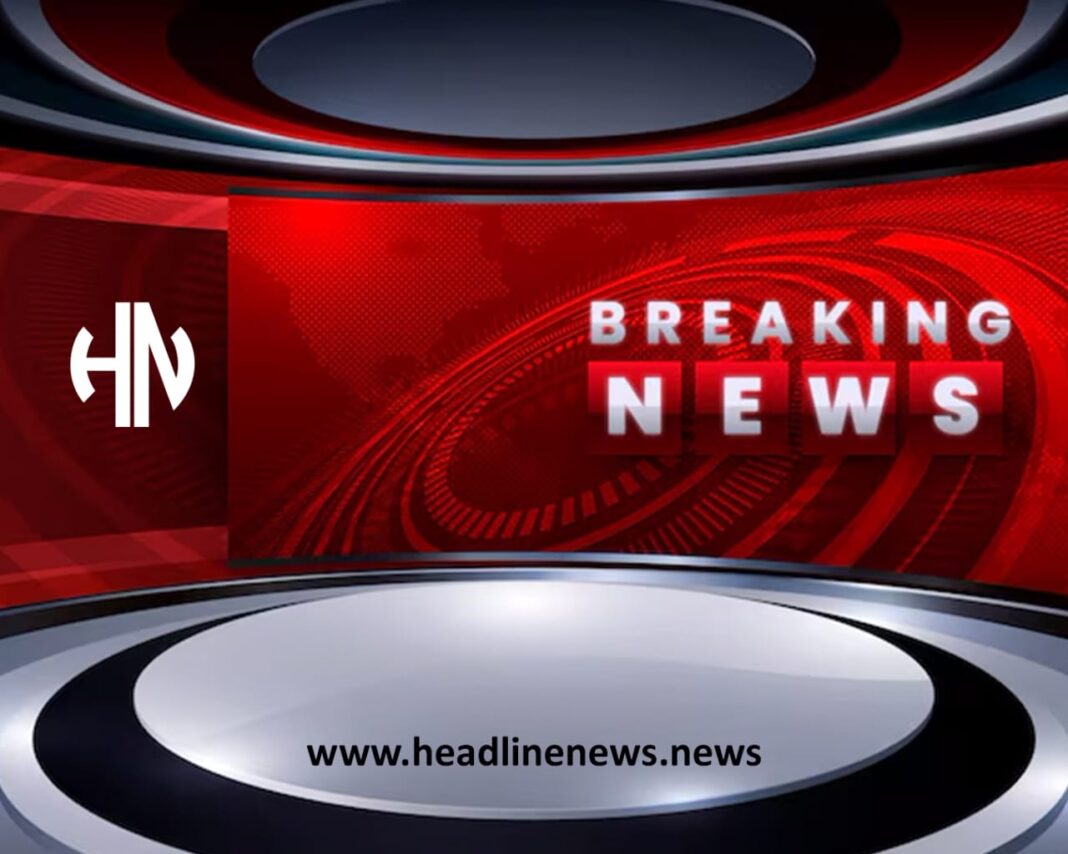Guinea-Bissau has been thrown into political turmoil after the military arrested President Umaro Sissoco Embaló and suspended the country’s electoral process. The dramatic takeover comes just days after a tense presidential election in which both the incumbent and the opposition candidate claimed victory.
As uncertainty deepens and institutions remain paralysed, here are seven key things to know about the unfolding coup in Guinea-Bissau.
Military Takes Over Guinea-Bissau
On Wednesday, November 26, gunfire was heard near the presidential palace as men in military uniform took over the main road leading to the building.

A few hours later, a group of military officers claimed “total control” of the country, one day after top candidates in a tightly contested presidential election both declared victory.
The announcement stated that all state institutions were suspended until further notice, citing the need to clarify the situation before returning to constitutional order.
According to AFP, soldiers from the presidential guard and an elite gendarmerie unit controlled the deserted area as calm returned and shooting stopped for the time being.

Brigadier General N’Canha Announced the Coup
Brigadier General Denis N’Canha, head of the military office of the presidency, announced the coup during a press conference at the General Staff of the Armed Forces.
It is not yet known who will be named head of state.
President Arrested
With all state institutions suspended, the government of President Umaro Sissoco Embaló has effectively been overthrown.
Earlier in the day, Embaló told Jeune Afrique that he was being arrested, explaining that men in uniform had stormed the presidential palace while he was in his office.

The Chief of Staff of the Armed Forces, General Biague Na Ntan, Deputy Chief of Staff General Mamadou Toure, and Interior Minister Botche Cande were also arrested.
Embaló added that no violence had been committed against him during what he described as a “coup,” which he said was led by the army chief of staff.

Ongoing Election Suspended
Guinea-Bissau held presidential and legislative elections on Sunday, but before results could be released, the military stepped in and suspended the entire process.
Officers said the suspension was necessary to clarify the situation before returning to constitutional governance.

Election Victory Claims Possible Reason for Coup
The military intervention follows a tense post-election period in which both President Embaló and opposition candidate Fernando Dias declared themselves winners, even though official provisional results were only expected on Thursday.
Embaló’s campaign spokesperson, Oscar Barbosa, insisted the president had won outright.
Dias also claimed victory, stating in a video that the election had been won in the first round.
These conflicting claims echo the 2019 presidential election, when both leading candidates claimed victory, leading to a four-month political crisis.
All Borders Closed

The military announced the closure of all land, air, and sea borders, along with an overnight curfew “until further notice.”
Guinea-Bissau shares land borders with Senegal and Guinea, and it also has an Atlantic coastline that includes the Bijagós archipelago.
History of Instability
Guinea-Bissau has long struggled with political instability and military interventions. Since independence in 1974, the country has experienced multiple coups, both successful and attempted.
Embaló has claimed he survived several attempts to overthrow him, though critics argue he exaggerates these incidents or uses them to suppress opposition.

With a population of around two million, the country remains one of the poorest in the world. Political instability has also made it a key transit point for drug trafficking between Latin America and Europe.
Guinea-Bissau’s latest unrest adds to the growing list of military takeovers in West Africa. With Burkina Faso, Guinea, Mali, and Niger already under military rule, the region faces weakened democratic institutions and rising insecurity.
As some of these nations distance themselves from groups such as ECOWAS, the future of regional cooperation and stability remains uncertain.




